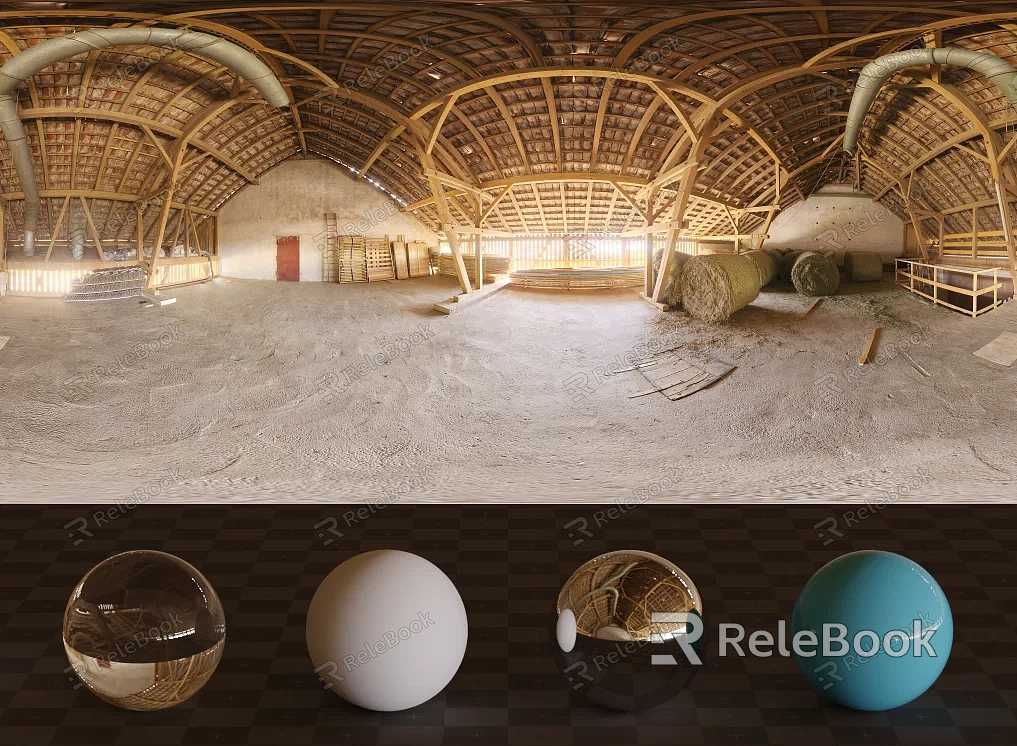how to create an hdri image?
How to create an hdri image? High Dynamic Range Imaging (HDRI) images play a crucial role in achieving captivating lighting effects in digital art. This article delves into the detailed process of creating your own HDRI images, adding a unique touch to your projects.
1. Introduction to HDRI Images:
HDRI images capture a broad range of light intensity, providing realistic lighting effects for scenes. They are instrumental in 3D rendering, virtual reality, and digital art, serving as a powerful tool for creating lifelike environments.

2. Preparation:
Ensure your camera supports manual exposure settings and choose a scene with rich lighting, such as city streets or natural landscapes. Use a tripod to ensure stability during the capture.
3. Exposure Settings:
Set your camera to manual mode and adjust exposure parameters. Capture a series of photos with varying exposure levels to cover the entire brightness range of the scene.
4. Capture Sequence:
Adopt a sequential shooting approach, altering the exposure for each photo. Pay attention to detail and make sure to capture a sufficient number of photos to comprehensively represent the lighting conditions.
5. Image Processing:
Import the captured photos into image processing software, merging them to create a High Dynamic Range (HDR) image. Adjust the tone mapping to control the final effect.
6. Panorama Composition:
Transform the HDR image into a panoramic format, ensuring its effectiveness in 3D rendering. This step ensures that the HDRI image provides comprehensive lighting information around the scene.
7. Calibration and Adjustment:
Perform white balance and color calibration on the image, eliminating any potential color casts. Fine-tune the HDR image as needed to meet the requirements of different projects.
8. Export and Testing:
Export the final HDRI image and test it in 3D rendering software. Check its performance in different scenes and lighting conditions to ensure the desired effect.
9. Sharing and Application:
Share your created HDRI image and utilize it in digital art projects, architectural visualizations, or other applications requiring realistic lighting.
10. Continuous Practice and Exploration:
Creating HDRI images is an evolving skill. Through continuous practice and exploration, you will better understand how to leverage HDRI images to infuse vibrant and realistic lighting effects into your projects.
Learning how to create HDRI images empowers you to craft lighting effects that are more realistic and engaging in digital art. Creating your own HDRI images marks a significant step toward achieving your digital creative goals.If you need it, I recommend downloading HDRI from Relebook. There is no better choice than this.

